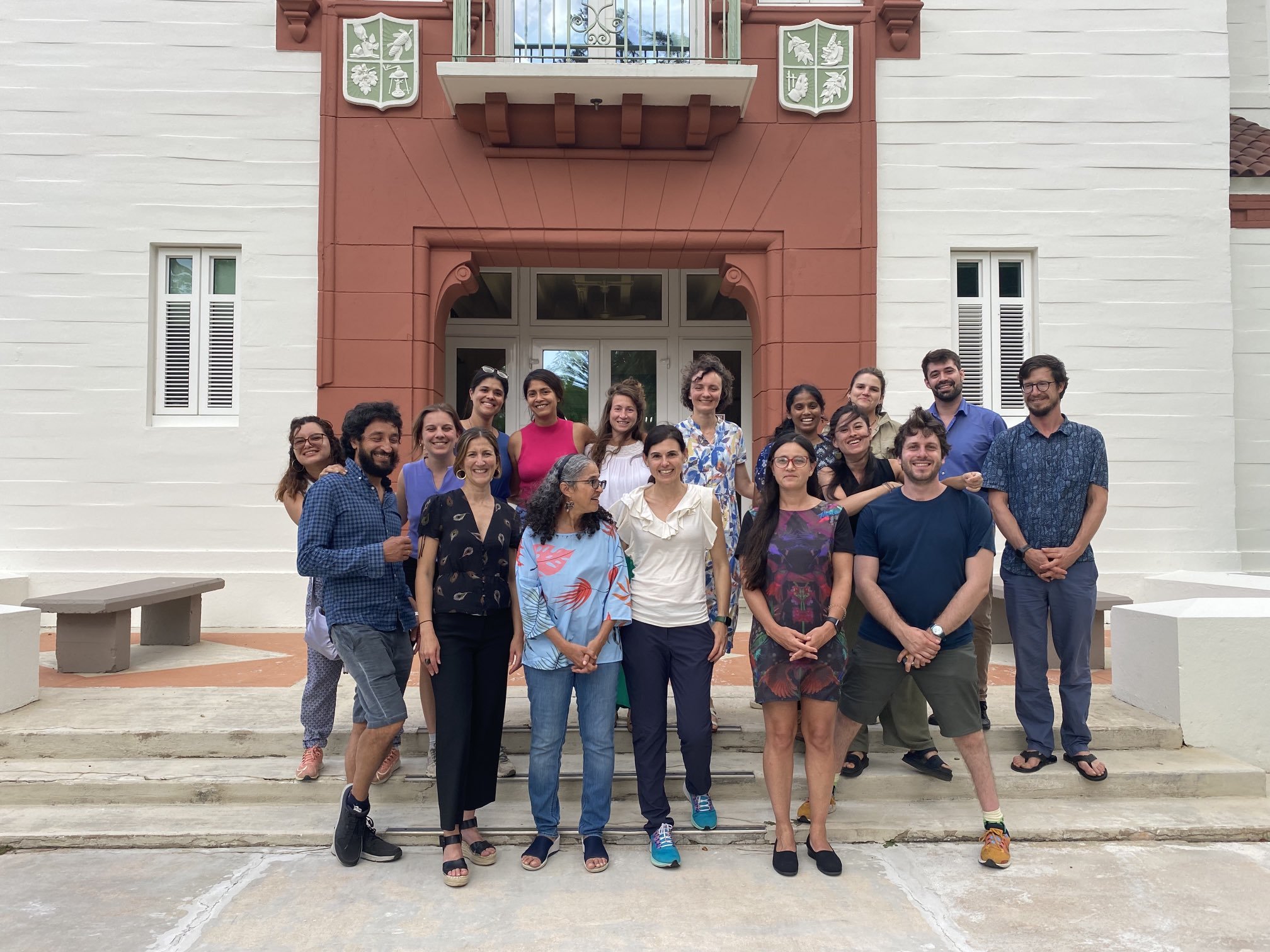GoGreenNext is an EU funded Horizon Europe project with the ambition of supporting cities and regions to achieve their climate targets by implementing novel nature-based approaches. For this effort, the Urban Systems Lab team is developing a digital ‘serious game’ to serve as an educational tool for communicating climate change impacts, urban resilience concepts, where the player(s) get to understand decision-making in urban planning by interacting with Nature-Based Solutions (NBS). The game mechanics will be inspired by the labs multiplayer board game Ekos.
Learn more: https://gogreennext.eu/
The project is co-funded by the European Union under the Horizon Europe research framework under grant agreement no. 101137209 and led by a team at Maynooth University.






















